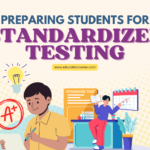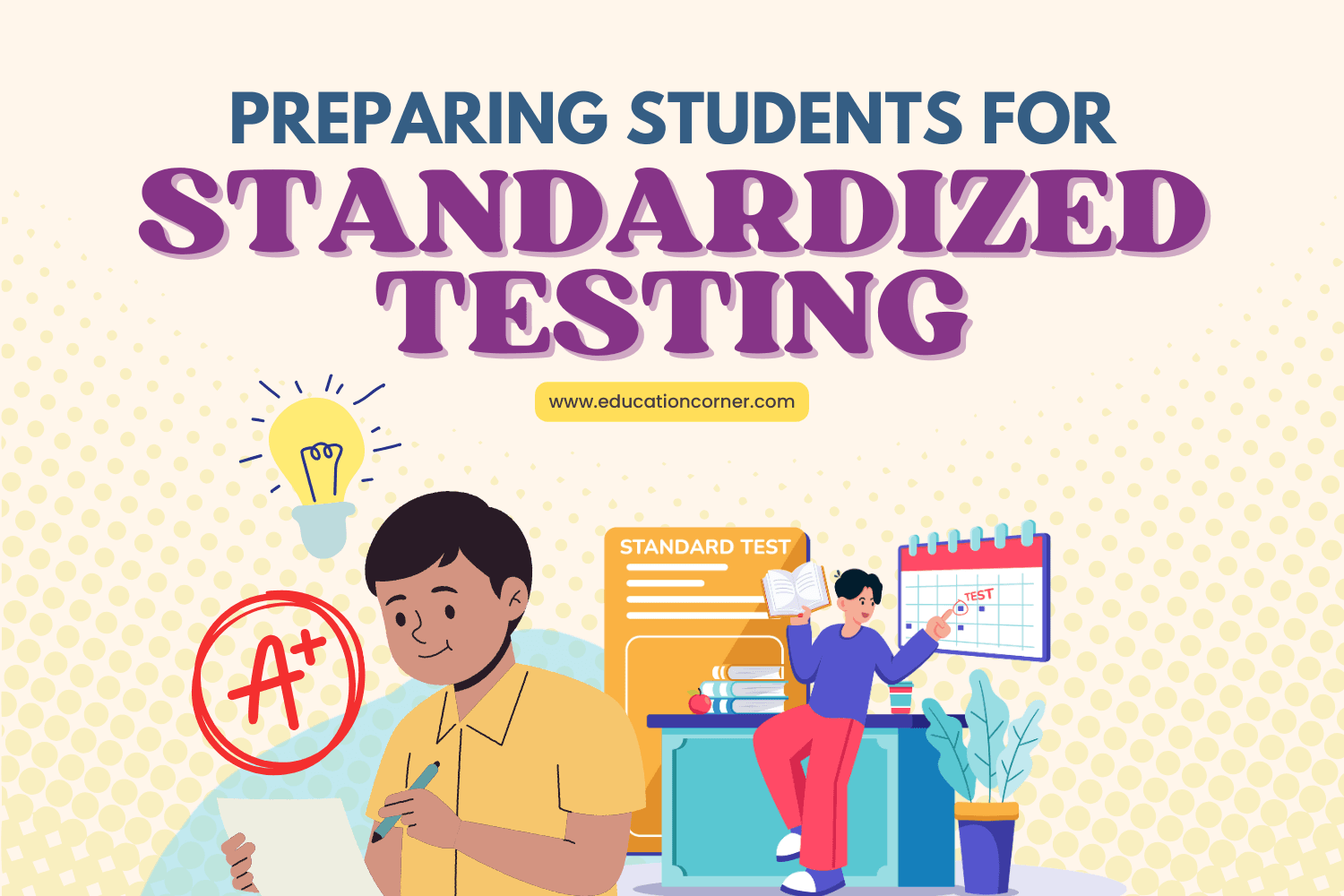Introduction
Standardized testing has long been a cornerstone of the U.S. education system. From the SAT to state-mandated tests, these exams are designed to provide a uniform measure of student performance. But how effective are they really? Do they serve all students equally, or do they have unintended consequences? In this article, we’ll explore the various impacts standardized testing has on U.S. education, from its historical origins to its role in modern classrooms.
The History of Standardized Testing in the U.S.
Standardized testing in the U.S. can trace its origins back to the early 20th century. The rise of IQ tests and other assessments sought to measure the intelligence and academic ability of students on a large scale. Over time, these tests expanded beyond IQ, eventually becoming a key part of education policy with the advent of federal programs like the No Child Left Behind Act (NCLB) in the early 2000s. The goal was to create a system where all students could be measured and held accountable for their academic progress.
Purpose of Standardized Testing

Standardized tests were initially introduced to measure academic performance on a national scale. These tests aim to identify learning gaps, help shape educational policy, and provide a benchmark for teachers, students, and parents. They have become especially prominent in the realm of college admissions, where SAT and ACT scores are used to determine a student’s readiness for higher education and eligibility for scholarships.
Pros of Standardized Testing
There are a few advantages to standardized testing that many educators and policymakers highlight:
- Uniformity: Standardized tests offer a consistent measure of academic achievement, allowing for comparisons between schools, districts, and states.
- Accountability: These exams hold educators accountable for ensuring students are meeting certain educational standards.
- Objective Data: Standardized test scores provide objective, numerical data that can help guide decisions in education policy and funding allocation.
Cons of Standardized Testing
However, there are also significant criticisms of standardized testing:
- Teaching to the Test: Teachers may feel pressure to focus primarily on test content, leaving less time for creative or critical thinking activities.
- Stress and Anxiety: The high stakes nature of these tests can cause immense stress for students, which can negatively affect their performance and mental health.
- Limited Scope: Standardized tests only measure a narrow aspect of a student’s knowledge, typically focusing on reading, math, and sometimes science. They fail to capture creativity, problem-solving, or other critical life skills.
The Impact on Teachers
Teachers are often at the heart of the standardized testing debate. While many teachers understand the importance of measuring student progress, the emphasis on test scores can create pressure. Teachers may feel compelled to “teach to the test,” limiting their ability to explore topics that are not covered in the exam. Additionally, this pressure can lead to burnout, especially in schools where funding is tied to student performance on these tests.
The Effects on Students
For students, the impact of standardized testing can be profound. The intense pressure to perform well on these exams often leads to high levels of stress and anxiety. It’s not uncommon for students to feel that their entire future hinges on a single test score. Beyond the stress, there is also the issue of how well these exams reflect a student’s true abilities. Many students are skilled in areas not measured by standardized tests, such as creativity or emotional intelligence, but these attributes go unrecognized in traditional testing formats.
Impact on Different Demographics
One of the most significant concerns surrounding standardized testing is its disproportionate impact on marginalized communities. Students from low-income backgrounds, English language learners, and students with disabilities often face additional barriers when taking these tests. For instance, standardized tests may not account for cultural differences or language barriers, making it harder for these students to perform at their best.
Moreover, the racial and economic disparities in test performance have led to calls for more equitable testing practices. Advocates argue that schools should take into consideration a broader range of student experiences, including socio-economic factors and home environments, when assessing academic achievement.
The Role of Standardized Testing in College Admissions
The SAT and ACT have long been the gatekeepers to higher education in the U.S. However, in recent years, many colleges and universities have begun to question their relevance. A growing number of institutions are adopting test-optional policies, where students can choose whether or not to submit standardized test scores as part of their application. This shift reflects the belief that standardized test scores may not be the best indicator of a student’s potential for success in college.
Debates Around Standardized Testing

The debate over standardized testing is far from one-sided. On one hand, proponents argue that these tests are a necessary tool for measuring academic achievement and ensuring educational equity. On the other hand, critics contend that standardized tests are outdated, overly stressful, and fail to measure the full spectrum of a student’s abilities. Many believe that alternative assessments, such as project-based evaluations or teacher assessments, could provide a more holistic view of a student’s capabilities.
Recent Developments and Trends in Standardized Testing
The COVID-19 pandemic has had a significant impact on standardized testing. Many states temporarily suspended or altered their testing requirements, and several colleges made standardized tests optional for admissions. This shift has sparked a reevaluation of how much weight standardized tests should carry in education, with many experts advocating for a more balanced approach moving forward.
What does the future hold for standardized testing in the U.S.? While some believe the tests will continue to play a role, others argue for a move toward more flexible and inclusive assessments. The rise of technology in education also opens up the possibility for new forms of testing, such as adaptive tests or assessments that better align with real-world skills. The next few years could bring significant changes to how students are evaluated, potentially reshaping the entire landscape of American education.
Conclusion
Standardized testing has played a significant role in shaping U.S. education, but its impact is far from one-dimensional. While these tests provide valuable data and help maintain accountability, they also raise concerns about fairness, student well-being, and the narrowing of educational experiences. As the debate continues, the future of standardized testing in education remains uncertain, with growing calls for reform and a more holistic approach to student assessment.
FAQs
- What are the alternatives to standardized testing in education?
- Alternatives include project-based assessments, teacher evaluations, and portfolio assessments that consider a student’s overall learning journey.
- How do standardized tests affect students with disabilities?
- Students with disabilities may face additional challenges during standardized testing, especially if accommodations aren’t provided or the test doesn’t align with their learning needs.
- Are standardized tests reliable indicators of a student’s ability?
- While standardized tests can provide insight into academic performance, they often fail to capture critical thinking, creativity, and emotional intelligence, making them a limited measure of a student’s full potential.
- How can standardized testing be improved?
- Reforms could include adjusting the format to be more inclusive, offering accommodations for diverse learners, and complementing tests with other forms of assessment to create a more holistic picture of a student’s abilities.
- Why are some schools opting out of standardized testing?
- Some schools opt out due to concerns about the negative impact on students’ mental health, the lack of focus on a well-rounded education, and the push to adopt more innovative assessment methods.










